
Andrew G. Lee, MD, and Drew Carey, MD, discuss how optic disc cupping after optic neuritis reflects nerve and ganglion cell thinning, not disease type, helping distinguish it from glaucoma.

Andrew G. Lee, MD, and Drew Carey, MD, discuss how optic disc cupping after optic neuritis reflects nerve and ganglion cell thinning, not disease type, helping distinguish it from glaucoma.
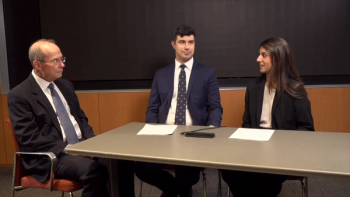
NYU Grossman’s Preeya Mehta, MD, and Jonathan S. Williams, MD, sit down with Mount Sinai’s Louis R. Pasquale, MD, to discuss long-term safety and efficacy data from a PreserFlo microshunt trial and the role of microshunts in glaucoma surgery.
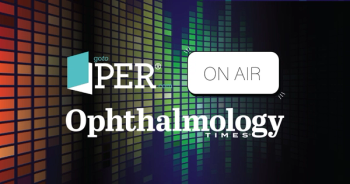

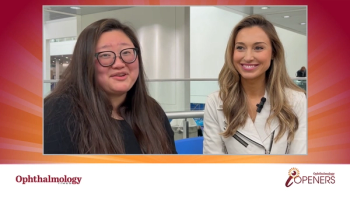
Their conversation focuses on anatomy-driven, individualized approaches and multidisciplinary decision-making for patients with neovascular glaucoma.
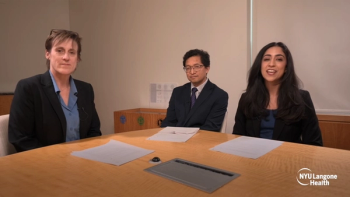
Jennifer E. Thorne, MD, PhD, discusses evidence from the ADJUST trial, including relapse risk, retreatment success, and how clinicians should monitor children when considering adalimumab discontinuation.
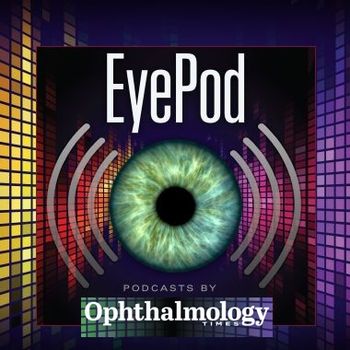
From artificial intelligence to home monitoring, Joel Schuman, MD, of Wills Eye Hospital, explores the innovations that could change how clinicians detect and treat glaucoma in the new year.



Tsu Shan Chambers shares how the film "My Eyes" uses authentic storytelling to raise awareness of inherited eye disease and the importance of preventive vision care.
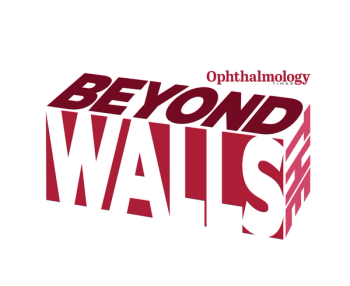
Host Deborah Ristvedt, DO, is joined by Marguerite B. McDonald, MD, FACS, to discuss her journey with pioneering contributions to ophthalmology, patient-centered care, leadership, and guidance for the next generation.
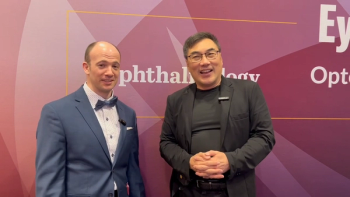
Andrew G. Lee, MD, and Drew Carey, MD, discuss the case of a patient with persistent papilledema after brain tumor resection due to superficial siderosis.
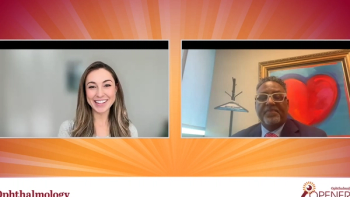
Their discussion sheds light on the importance of physician advocacy in ophthalmology—from shaping policy and protecting patients to building community.
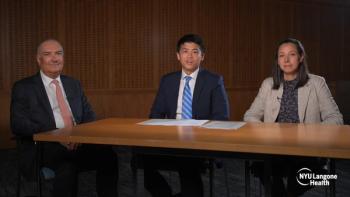
NYU Grossman School of Medicine’s Galen Hu, MD, and Andrea Blitzer, MD, sit down with Eduardo C. Alfonso, MD, of Bascom Palmer Eye Institute, to discuss how ophthalmologists are leveraging social media not just to promote practices, but to educate patients.
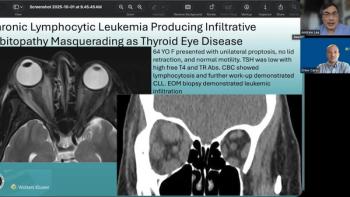
Andrew G. Lee, MD, and Drew Carey, MD, highlight how chronic lymphocytic leukemia can mimic Graves’ orbitopathy, underscoring the importance of a thorough evaluation.
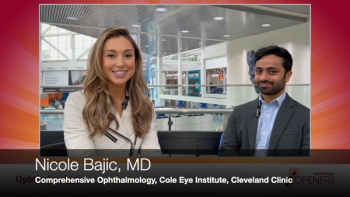
From early experiences in India to fellowship training at Wills Eye Hospital, Dr. Ansari discusses how ophthalmologists can make a lasting impact worldwide.

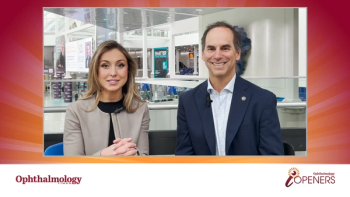
In episode 1, Bill Trattler, MD, shares practical advice on documentation, patient communication, keratoconus management, and advanced lens technology.
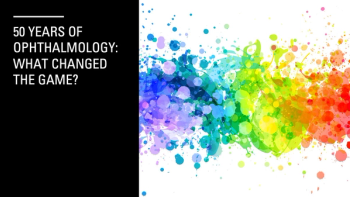
Ophthalmologists discuss the most impactful advancements reshaping patient care over five decades.
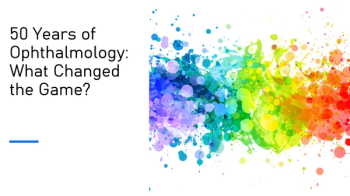
In honor of Ophthalmology Times’ 50th anniversary, anterior segment surgeons attending ASCRS 2025 weigh in on the innovations that defined modern ophthalmology.
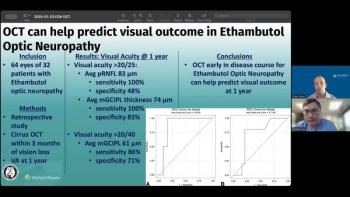
Andrew G. Lee, MD, and Drew Carey, MD, discuss how baseline optical coherence tomography parameters can help ophthalmologists counsel patients and make more informed decisions after ethambutol-associated optic neuropathy.





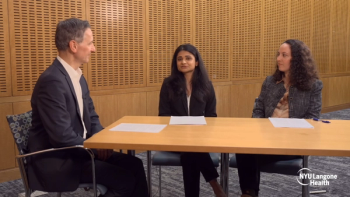
A conversation with David S. Friedman, MD, PhD, on treating uncontrolled open-angle glaucoma in patients with limited options
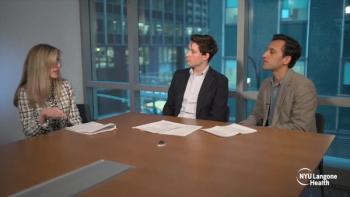
Researchers evaluate key measures for tracking disease progression in Usher syndrome type 2–related retinal degeneration

The 14th annual Glaucoma 360 conference, co-founded by Adrienne Graves, PhD, and Andrew Iwach, MD, and hosted by Glaucoma Research Foundation, will be held from February 6-8, 2025, at the Westin St. Francis in San Francisco, California. The event will focus on the latest advancements in glaucoma care and encourage innovation and collaboration.

The EnVision Summit, co-founded by Bonnie An Henderson, MD, is a unique family-oriented, multispecialty ophthalmology CME conference, along with a newly introduced optometry track. Henderson sits down with Ophthalmology Times to talk about the 2025 conference that will take place February 14 to 17 at the Caribe Hilton San Juan, in Puerto Rico.